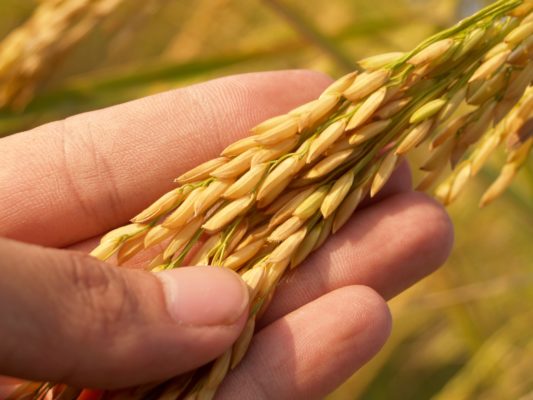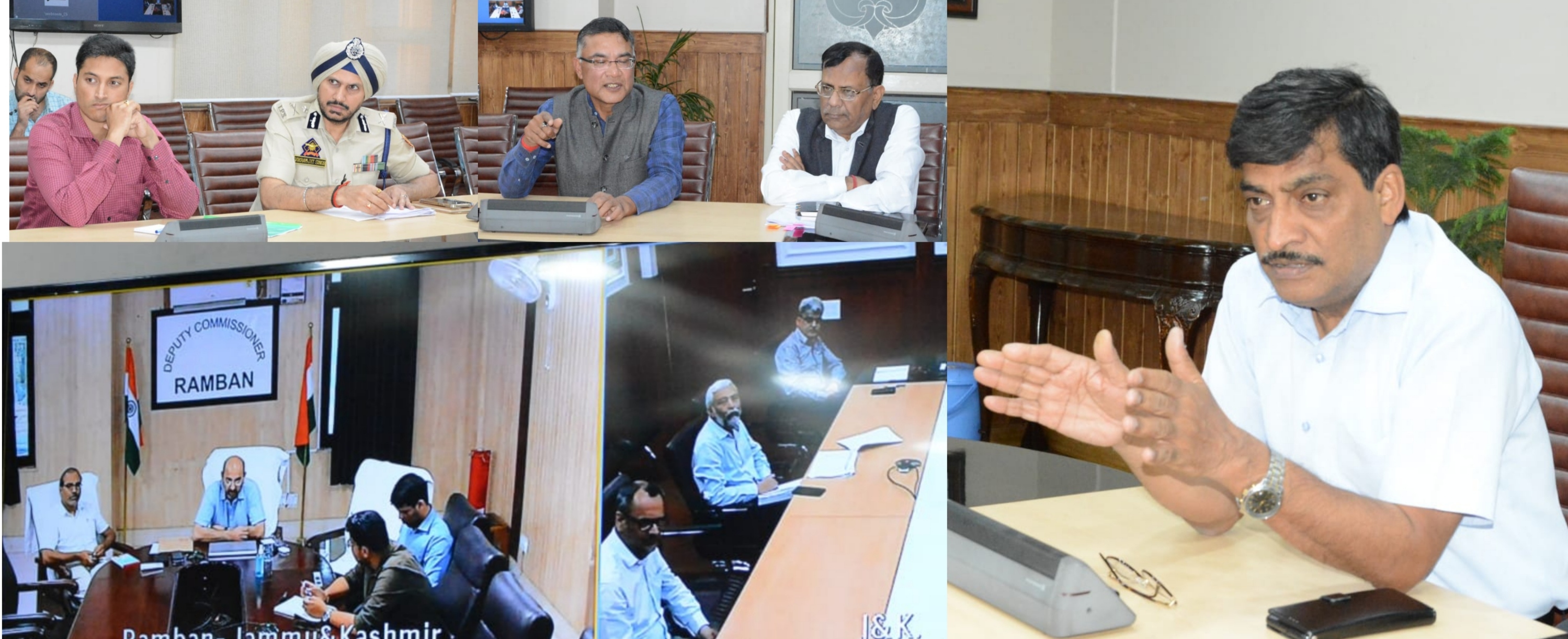Srinagar, Sept 15: Several diseases including Blast and some pest infestation have extensively damaged paddy crop in Kupwara and Budgam while the Agriculture Department has suggested farmers to adopt hygienic practices for disease management.
Director Agriculture Kashmir, Chowdhary Mohammad Iqbal said the disease-affected areas of Kupwara district include Kralpora, Meeliyaal and Rashpora.
In Budgam district, the disease-hit areas include Soznipora, Yarikhah, Gojithaj and Raiyar.
On the directions of the director, a team from seed pathology section led by seed pathologist Kashmir conducted field diagnostic visits to disease-affected areas of Kupwara and Budgam districts on September 12 and 14.
“To make visits purposeful and coordinate with local field functionaries, deliberations with Chief Agriculture Officers of both districts were held at their respective offices,” he said.
The disease-affected villages were visited along with the concerned field functionaries both at Kralpora area of Kupwara and subdivision Khansaheb of Budgam district.
As per the diagnostic tour report of the seed pathology section, the on-spot field diagnoses showed that crop was extensively damaged due to Blast (Leaf, Neck and Nodal blast), Sheath Rot, Narrow Brown Leaf Spot diseases besides some pest infestation.
The team observed that the crops were poorly managed and evidently no concrete management practices had been adopted by the farmers.
“The traditional paddy varieties being cultivated were either mixed or of poor quality/contaminated seeds. The closer crop spacing, high nitrogenous fertilization, use of un-decomposed farm yard manure (FYM) and poor weed management had aggravated the disease’s intensity,” the diagnostic report said.
As per the report, the main variety other than mixed local seed, cultivated in these areas is K-332 (Kohsaar) which has completely lost its resistance vigour against major diseases of the paddy due to continuous cultivation over the last 20 years.
“No fresh certified seed has been used for paddy crop husbandry leading to overwhelming disease and pest attack. It is a well-known fact that infected/contaminated seeds are a primary source of inoculum for a large number of diseases,” it said.
As per the report, the reluctance on the part of farmers to switch over to new recommended high-yielding varieties is one of the major factors in the outbreak of the disease.
During the interaction with farmers agriculture experts stressed on replacement of old seed lots with fresh and certified seed.
The experts advised the farmers to adopt hygienic practices for disease management, removal and disposal of stubbles, leftover straw after harvest.
“Compulsory seed and seedling treatment with recommended fungicides. Judicious use of fertilizers, proper decomposition of FYM to avoid the introduction of any fresh inoculum in the field and close coordination with field functionaries of Agriculture Department,” they said.
For minimizing losses to farmers and improving paddy crop productivity, the team said a holistic approach is required at the departmental end and suggested several recommendations.
“Arrangement of fresh suitable certified seed varieties at the departmental stores particularly in these areas as the replacement of old seeds is essential and inevitable,” the expert team has recommended.
It said that in order to avoid outbreak of diseases in the next crop season, field level farmer meetings/awareness camps should be held before the onset of season to sensitize the farming community about the need of seed treatment and other essential sanitary measures.
“Timely availability of crop chemicals for the disease management and continuous monitoring of field for any disease incidence during cropping season and follow advisories issued by the department in letter and spirit,” the recommendation said.








